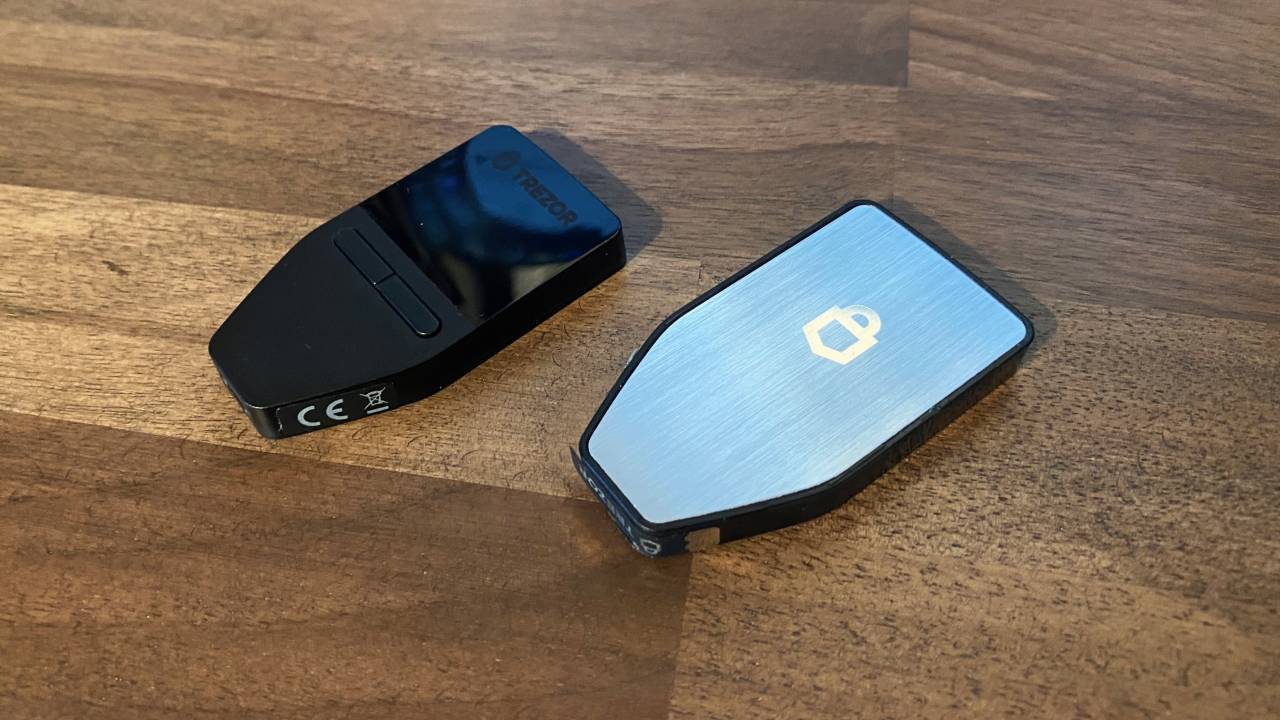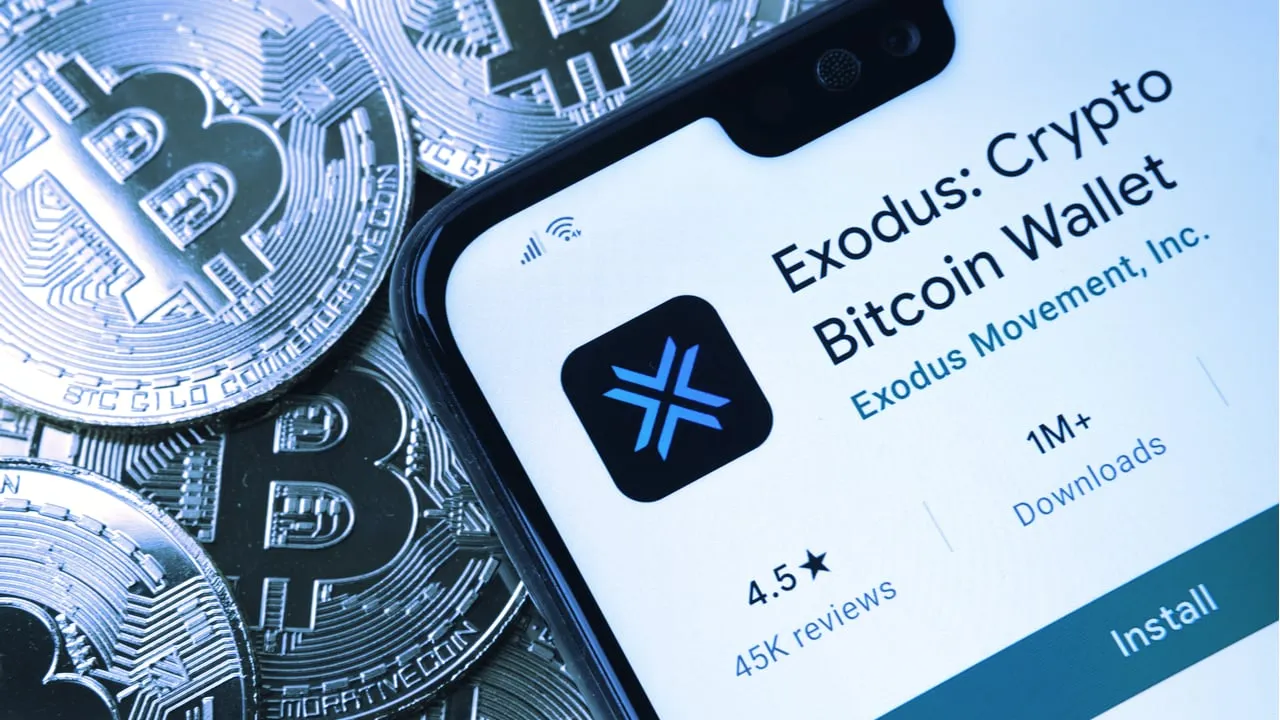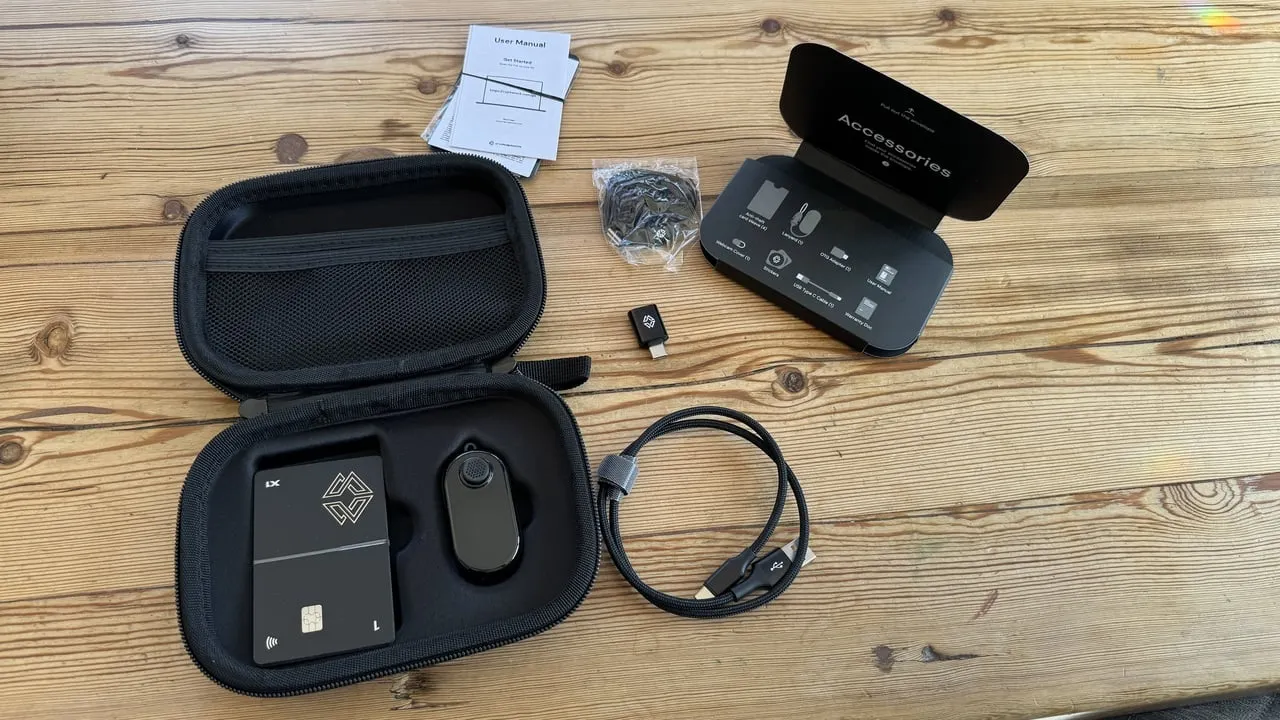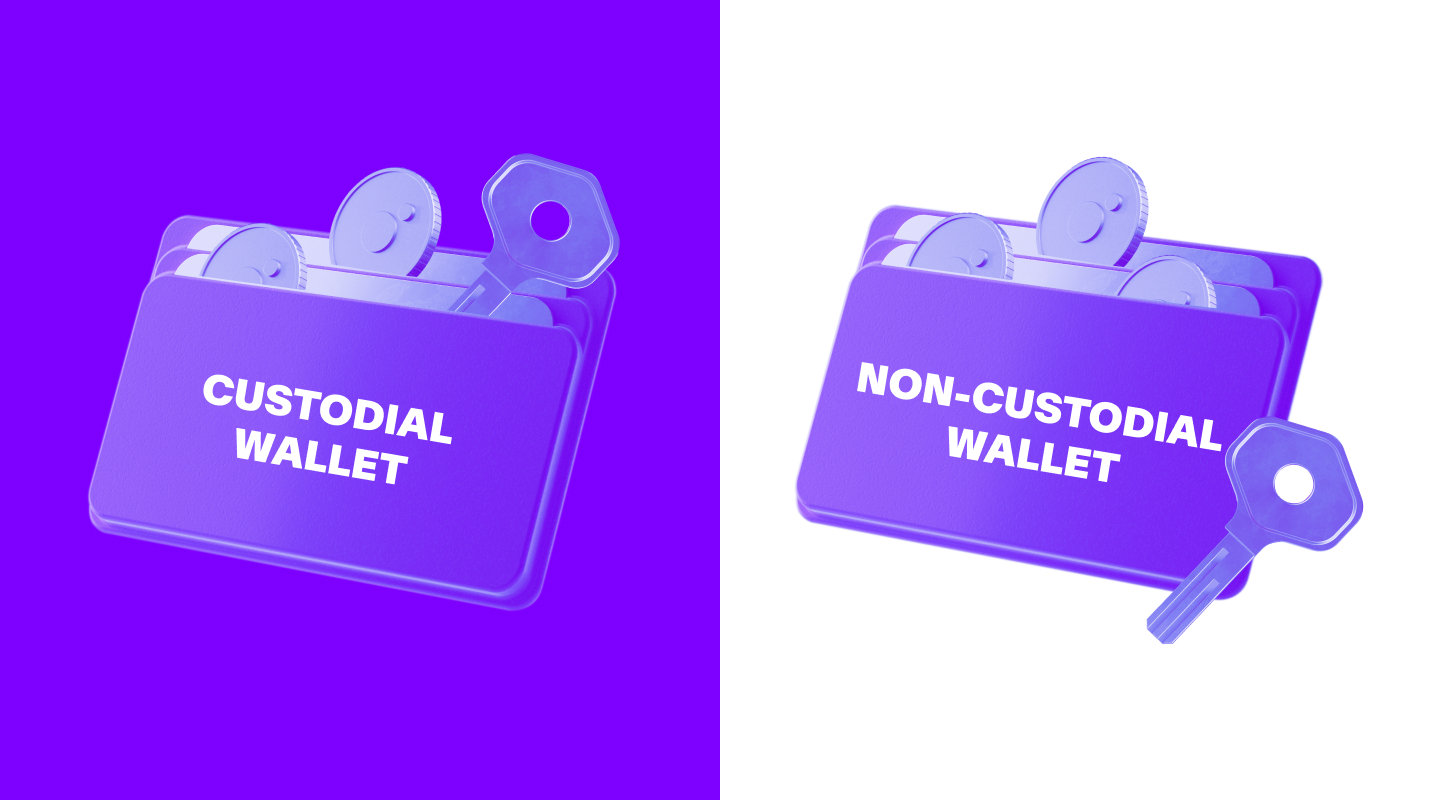Bitcoin has transformed from a niche experiment in 2009 to a trillion-dollar digital asset by 2025. Millions of investors now hold Bitcoin as part of their portfolios, whether for short-term trading or long-term savings. But with opportunity comes risk — and in the world of crypto, the biggest risk is losing your funds due to poor security.
Hackers, phishing scams, exchange collapses, and even simple mistakes like losing your password can wipe out your Bitcoin holdings forever. That’s why choosing the right Bitcoin wallet is the most important decision every investor has to make.
What is a Crypto Wallet?
A crypto wallet is not a physical “container” for coins, but rather a digital tool that stores your private keys. These private keys are cryptographic codes that prove ownership of your Bitcoin and allow you to send or spend it.
Here’s the key point:
-
Your Bitcoin never leaves the blockchain.
-
Your wallet is what gives you access to it by keeping your private keys secure.
If you lose your private keys (or the seed phrase that backs them up), you lose your Bitcoin permanently. Likewise, if someone else gets access to your keys, they can transfer your coins without your permission. This is why wallet security is absolutely critical.
Types of Crypto Wallets
1. Hot Wallets (Online Wallets)

Hot wallets are connected to the internet, making them fast and convenient. They come as mobile apps, desktop software, or browser extensions.
-
Advantages: Easy setup, free to use, and ideal for frequent traders who need quick access.
-
Drawbacks: Because they’re online, they are more vulnerable to hacks, phishing attacks, and malware. Hot wallets are not recommended for storing large amounts of Bitcoin.
2. Cold Wallets (Offline Wallets)

Cold wallets remain offline, which makes them the gold standard for security. These include hardware wallets like Ledger and Trezor, and even paper wallets (though paper wallets are less common today).
-
Advantages: Immune to online hacks since they’re disconnected from the internet. Perfect for long-term investors.
-
Drawbacks: Less convenient than hot wallets and usually come with a purchase cost.
3. Custodial Wallets
In custodial wallets, a third party (like an exchange) holds your private keys. This means you technically don’t own your Bitcoin directly.
-
Advantages: Easy for beginners, no need to manage backups.
-
Drawbacks: If the exchange is hacked or goes bankrupt (like FTX), your funds can be lost.
4. Non-Custodial Wallets
These wallets give you full control of your private keys. You are your own bank.
-
Advantages: Maximum ownership and control. No reliance on third parties.
-
Drawbacks: With great power comes responsibility — if you lose your seed phrase, there is no recovery.
Best Bitcoin Wallets for Safe Storage in 2025
Let’s dive into the top wallets available in 2025. For each wallet, we’ll cover its features, advantages, and drawbacks in depth so you can make an informed decision.
1. Ledger Nano X – Best Overall Hardware Wallet

Overview: Ledger Nano X has long been the flagship of the hardware wallet market. It comes with a secure element chip, Bluetooth connectivity, and integrates seamlessly with Ledger Live, Ledger’s companion app. Supporting over 5,000 cryptocurrencies, it’s versatile enough for both Bitcoin holders and altcoin enthusiasts.
- Pros: The Nano X is trusted because of its hardware-level encryption that isolates your private keys. Bluetooth support makes it convenient to use with smartphones on the go — ideal for investors who travel or need mobile access. Ledger Live is a polished app that allows you to buy, sell, stake, and track your portfolio in one place. Beginners appreciate the simple setup process, while advanced users value features like staking and multi-account management.
- Cons: One drawback is that Ledger uses closed-source firmware, which raises transparency concerns in the crypto community. Some purists prefer open-source solutions. Additionally, Ledger faced a data breach in 2020 where customer details (emails and phone numbers, not funds) were leaked. While funds remained secure, the incident dented customer trust. Finally, the in-app services like buying and swapping crypto often come with higher fees than competitors.
2. Trezor Safe 3 – Best for Transparency

Overview: Trezor, developed by SatoshiLabs, is one of the oldest and most respected hardware wallets. The Safe 3 model released in 2023 remains popular in 2025. Unlike Ledger, Trezor operates with open-source firmware, making it one of the most transparent wallets available.
- Pros: The biggest strength of Trezor is open-source code, which allows independent developers and security researchers to audit it for vulnerabilities. This transparency builds trust in the community. Trezor is also extremely beginner-friendly, with a simple UI and integrations with apps like Exodus. Advanced users benefit from features like passphrase protection and coin control, which offer greater flexibility and privacy.
- Cons: Unlike Ledger, Trezor does not use a secure element chip. While this isn’t an issue for most users, critics argue it makes Trezor more vulnerable to highly sophisticated physical attacks. Another drawback is the lack of Bluetooth connectivity, which may disappoint mobile-focused users who prefer wireless access.
3. Exodus – Best Software Wallet for Beginners

Overview: Exodus is a beautifully designed software wallet available on desktop, mobile, and as a browser extension. It supports a wide range of cryptocurrencies and integrates with Trezor hardware wallets for added security.
- Pros: Exodus is famous for its intuitive design. Even complete beginners can start using it within minutes. It supports built-in swapping between assets and displays portfolios in a visually pleasing dashboard. Customer support is another plus, as Exodus provides 24/7 assistance, which is rare in the crypto wallet industry. The wallet is also non-custodial, meaning users control their private keys.
- Cons: While great for ease of use, Exodus is not as feature-rich as some advanced wallets. It doesn’t support every blockchain, and in-app swaps often carry higher fees compared to external exchanges. Being a hot wallet, it is also more vulnerable to hacks compared to hardware wallets. Serious investors storing large amounts of Bitcoin should pair it with a cold wallet like Trezor or Ledger.
4. Cypherock X1 – Best for Backup & Recovery

Overview: Cypherock X1 takes a unique approach to wallet security. It uses Shamir’s Secret Sharing to split your seed phrase into multiple NFC cards. This means you don’t have a single point of failure — losing one card doesn’t compromise your wallet.
- Pros: The backup system is revolutionary. By splitting your seed phrase, Cypherock eliminates the risk of a single paper seed phrase being stolen. Even if one NFC card is lost or damaged, your funds remain safe. This makes it one of the most resilient wallets against disasters. For users who worry about losing recovery phrases, Cypherock provides peace of mind.
- Cons: On the flip side, Cypherock’s system can be a little complex for beginners. Managing multiple NFC cards requires more responsibility. Also, because it’s a newer player in the market, it doesn’t yet have the same reputation or community trust as Ledger or Trezor.
5. Bitkey (by Block) – Best for Simple Self-Custody

Overview: Bitkey, created by Jack Dorsey’s Block (formerly Square), is a Bitcoin-only wallet designed for simplicity and accessibility. It focuses on bringing self-custody to a broader audience.
- Pros: Bitkey’s design philosophy is all about making Bitcoin custody simple. It uses multisig recovery options, allowing trusted contacts to help you recover your wallet if you lose access. The wallet is sleek, minimal, and beginner-friendly. For people who want straightforward Bitcoin storage without technical headaches, Bitkey is a great choice.
- Cons: Being Bitcoin-only, Bitkey doesn’t support altcoins. This may be a dealbreaker for investors with diverse portfolios. It also lacks advanced features like staking or DeFi integrations that other wallets offer.
6. Tangem Wallet – Best NFC Hardware Wallet

Overview: Tangem is a card-shaped hardware wallet that uses NFC technology. You simply tap the card on your phone to approve transactions. It’s sleek, portable, and battery-free.
- Pros: Tangem is incredibly portable and stylish. Its credit-card design makes it easy to carry in a wallet, and being battery-free means it lasts for years. Unlike traditional seed phrases, Tangem comes with 2–3 cards for redundancy. If you lose one, the others keep your funds safe. It’s perfect for people who want convenience without compromising too much on security.
- Cons: The biggest drawback is recovery. If all your cards are lost, your funds are gone forever. Some users also worry about relying on proprietary NFC technology. Finally, Tangem isn’t as widely used as Ledger or Trezor, so community support is smaller.
7. SafePal S1 – Best Budget Hardware Wallet
Overview: SafePal S1 is a Binance-backed hardware wallet that offers security at an affordable price. It uses QR code-based air-gapped signing for transactions.
- Pros: The biggest advantage is value for money. At a fraction of the cost of Ledger or Trezor, SafePal still offers robust offline security. It supports a wide range of cryptocurrencies and integrates with Binance’s ecosystem. For new users who don’t want to spend too much upfront, it’s a reliable choice.
- Cons: The small screen and less-polished interface make it less user-friendly than premium wallets. Firmware updates aren’t as frequent as Ledger or Trezor, and its reputation in the market is still growing.
Other Notable Wallets
- Electrum: Lightweight Bitcoin-only wallet, trusted since 2011. Great for advanced users who want speed and customization, but the UI isn’t beginner-friendly.
- Wasabi Wallet: A privacy-focused wallet offering CoinJoin transactions. Best for users who prioritize anonymity, but requires technical knowledge.
- Best Wallet App: A new entrant that combines non-custodial storage with AI-based scam alerts and DeFi integration. Promising, but still gaining traction.
- BitGo: Institutional-grade wallet offering multi-signature security. Ideal for businesses and large-scale investors.
What to Look for in a Bitcoin Wallet
Choosing a wallet isn’t just about brand popularity. Here are the most important factors to consider — explained in depth:
- Security: Look for wallets with features like secure element chips, open-source code, and two-factor authentication. Security is non-negotiable in crypto.
- Backup & Recovery: A wallet must offer reliable recovery options, usually via a seed phrase. Some newer wallets (like Cypherock) offer innovative alternatives.
- Ease of Use: Beginners should opt for wallets with simple interfaces (like Exodus or Bitkey). Complex setups can lead to mistakes.
- Supported Assets: If you only hold Bitcoin, Bitcoin-only wallets are fine. But if you also own Ethereum or altcoins, go for multi-asset wallets like Ledger or Trezor.
- Compatibility: Ensure your wallet works with your devices — mobile, desktop, or browser.
- Cost: Software wallets are free, but hardware wallets cost between $50–$300. Think of it as insurance for your crypto.
- Reputation: Always check the track record of a wallet provider. Established brands like Ledger and Trezor have years of proven security.
Expert Tips for Storing Bitcoin Safely
- Keep the majority of your funds in a cold wallet, and only a small portion in hot wallets for daily use.
- Never share your seed phrase or private keys with anyone.
- Store backups of your seed phrase in multiple secure locations (not online).
- Regularly update your wallet’s firmware to patch vulnerabilities.
- Be cautious of phishing scams and fake wallet apps. Always download from official sources.
- Consider using a mix of wallets (one for trading, another for long-term storage).
Conclusion
Bitcoin is one of the most valuable assets in the world, and securing it should be your top priority. The right wallet can make all the difference between protecting your wealth and losing it forever.
In 2025, hardware wallets like Ledger Nano X and Trezor Safe 3 remain the gold standard for long-term investors. For beginners, Exodus offers simplicity, while innovative wallets like Cypherock X1 and Tangem push the boundaries of security. Budget-conscious users can rely on SafePal S1, while privacy-focused investors may prefer Wasabi.
No matter which wallet you choose, remember the golden rule: “Not your keys, not your coins.” Take control of your Bitcoin, secure it in a wallet that fits your needs, and invest with confidence.
FAQs
Q1: Do I really need a wallet if I keep Bitcoin on an exchange?
Yes. Exchanges can be hacked or go bankrupt. A wallet ensures you control your own keys.
Q2: Which is safer, hot or cold wallets?
Cold wallets are safer for large amounts. Hot wallets are convenient but best for small balances.
Q3: What happens if I lose my seed phrase?
Without it, your funds are unrecoverable. Always keep multiple backups.
Q4: Can I use more than one wallet?
Absolutely. Many investors use a hardware wallet for savings and a software wallet for trading.
Q5: What’s the best wallet for beginners?
Exodus (software) or Ledger Nano X (hardware) are excellent starting points.


